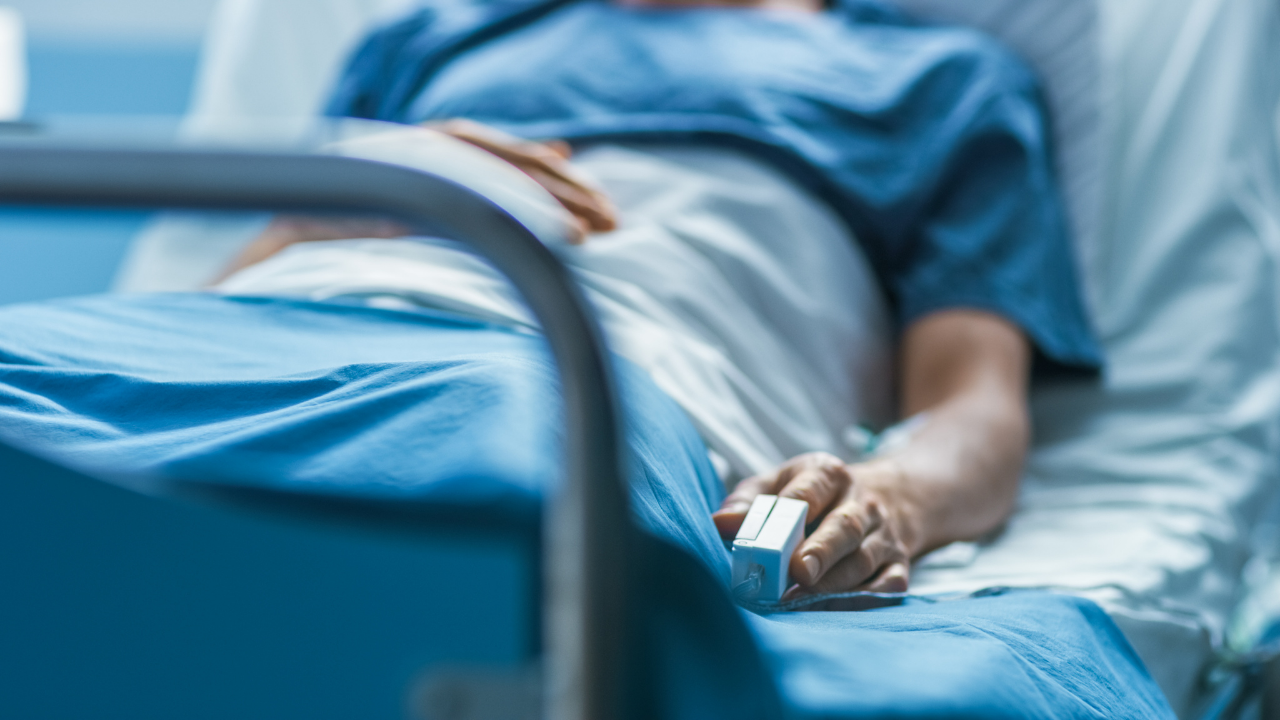Surgery Protocol

Homeopathy can be very good in helping others through the trauma of surgery. When we know that someone is going to have anesthesia and surgery, there are very good methods of preparing that person for the trauma they are about to experience. I have found that this protocol is very useful. It helps with excessive bleeding and recovery from anesthesia when applied correctly. I have used this protocol with many people and the usual response is, "My doctor said that he has never seen anyone recover so quickly."
This is one of the few times that I ever apply homeopathy with a more allopathic intent. Remember that we always prescribe a remedy based on the symptoms of the individual and never in a routine way. Let the person guide you to the remedy. But with surgery that is planned, it is a known event that the body will be experiencing trauma. By following the protocol recovery can be improved tremendously.
Arnica is one of the best remedies for any trauma. It also is a very good remedy for recovery from anesthesia. Follow the protocol below:
- Three days pre-op, take one dose of Arnica 30C
- Two days pre-op, take Arnica 30C two times per day
- One day pre-op, take Arnica 30C three times per day
- Day of surgery, take Arnica 4 times before surgery commences.
- Post-surgery, take Arnica 30C every 15 minutes as soon as possible in recovery during the first hour.
- After the first hour, repeat Arnica 30C every hour for the duration of the day.
- One day post-op, take Arnica 30C every four hours for the duration of the day.
- Day two post-op, take Arnica 30C four times per day.
- Day three post-op, take Arnica 30C three times per day.
- Day four post-op, take Arnica 30C two times per day.
- Day five post-op, take Arnica 30C one time per day and continue until full recovery.
As you can see, the protocol increases the frequency of repetition of doses leading up to the surgery. Just after surgery, the repetition increases a lot then starts to decrease as the body heals. I use this protocol for people that I am not able to manage directly.
If I am treating a client and have more direct access to them and know how they are responding, I may change or add a remedy to the post-op protocol depending on how they are responding. Other remedies that I find are helpful are:
- Staphysagria - This remedy is for cuts. The person may be feeling violated in some way after the surgery.
- Millefolium - When bleeding does not respond to the Arnica.
- Nux Vomica - Indicated for nausea and vomiting after anesthesia.
- Acetic Acid - Also for the ill effects of anesthesia.
- Phosphorus - Good for anesthesia and vomiting especially if anything swallowed is immediately vomited.
- Calendula - good for the tearing of tissues associated to the surgery and for the healing and antiseptic qualities for healing the skin.
- Hamamelis Viginica - For hemorrhage from surgery.
- Hypericum - for excessive painful response to the surgery or nerve damage.
- Bellis Perennis - follows Arnica well and especially useful to trauma of the abdomen.
Any of these remedies when given in the 30C potency at regular intervals appropriate for the case should provide relief for your client. If it is necessary to give the remedy very often to maintain a healing response, then possibly a higher potency will work better. Try the 200C or 1M potency.
Remember that homeopathic remedies are energetic in nature and, even though they are medicine, there are no contraindications or compatibility issues with standard allopathic medications. The remedies are not of the physical realm and will not interfere with any other drug. They can be used with great safety in addition to allopathic medications for pain or infection etc.
Keep these remedies in mind when someone you know is scheduled for surgery and you may be able to help them more than any other way. Be respectful of the physicians that are also working for the patient. They many times do not know about homeopathy and will resist any other medication that is offered to their patient. This is when being educated about homeopathy and being able to have family administer the remedies according to the protocol can still benefit the person.
Keep the conversation going! I would love to hear your questions and thoughts below!

